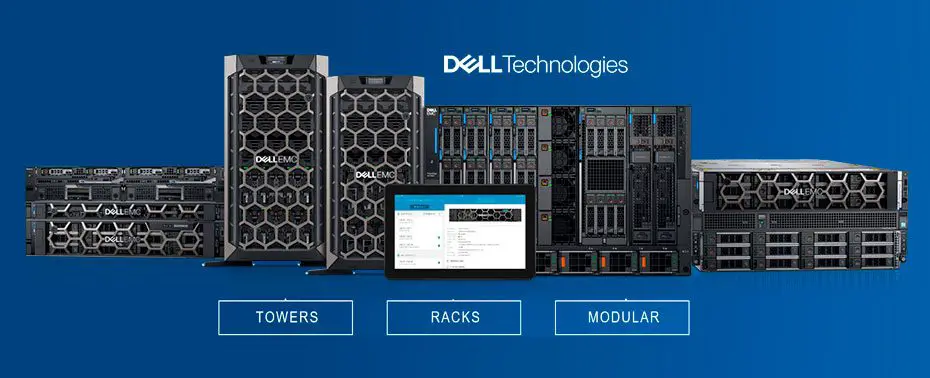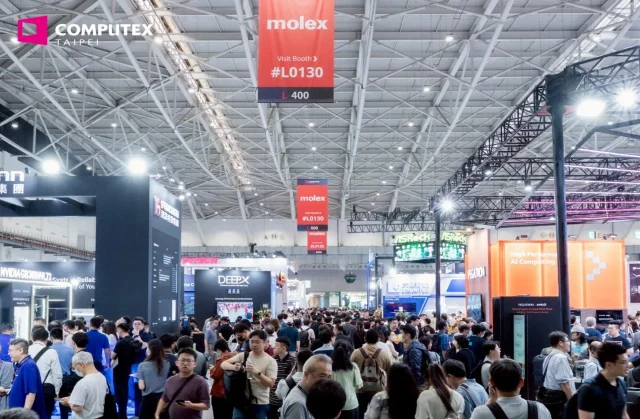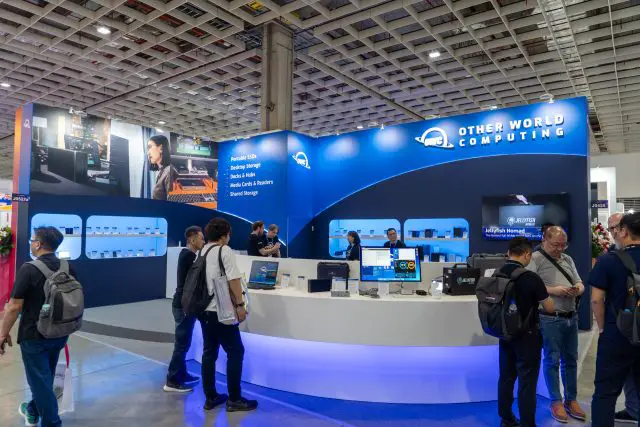Dell Technologies unveiled a sweeping set of updates across its infrastructure portfolio aimed at reshaping how enterprises manage data centers and edge deployments.
Revealed at Dell Technologies World in Kuala Lumpur, the organization brought up and emphasized its new approach in ‘Disaggregated Infrastructure’, ‘Cyber-Resilient Storage’, and ‘Private Cloud Automation’.
With organizations juggling legacy systems alongside modern cloud-native workloads, the demand for flexible, scalable, and secure IT infrastructure continues to grow. However, Dell’s disaggregated infrastructure approach enables businesses to manage compute, storage, and networking as shared resource pools, coordinated through automation and integrated software platforms.
On the other hand, they have pushed significant updates to their storage portfolio with the new PowerProtect Data Domain All-Flash appliances delivering up to 4x faster data restoration and 2x faster replication compared to previous models, while reducing rack space usage by 40% and power consumption by up to 80%.
PowerScale software received upgrades that improve object storage capabilities and cybersecurity protections, including enhanced support for hybrid cloud configurations like Amazon EC2, Dell ObjectScale, and Wasabi. The PowerStore platform now features Advanced Ransomware Detection powered by AI, aimed at reducing downtime and validating data integrity following an attack.
Dell also expanded its Private Cloud solution with software from partners such as Broadcom, Nutanix, and Red Hat, enabling faster deployment and full-lifecycle management. Using the Dell Automation Platform, businesses can now provision cloud clusters in 90% fewer steps and reduce deployment time to just 2.5 hours without manual intervention.
Dell NativeEdge, the company’s edge infrastructure platform, received new capabilities including policy-based load balancing, VM snapshots, and remote data backup. The platform now supports non-Dell and legacy hardware, enabling broader adoption across distributed environments.
Dell’s continued focus on software-defined, modular infrastructure reflects a broader industry trend toward operational simplicity, workload portability, and stronger cyber resilience. The company’s ability to combine hardware innovation with automation platforms positions it to support enterprises as they modernize infrastructure across core, cloud, and edge environments.










